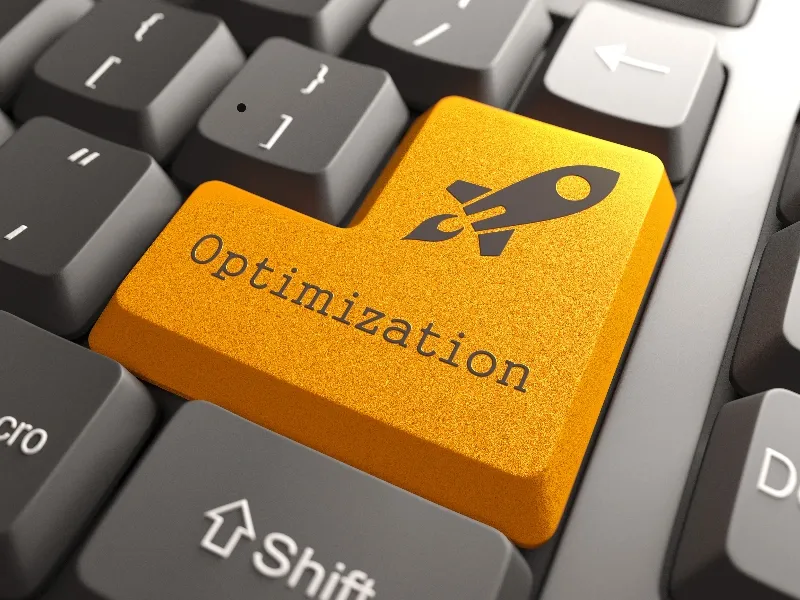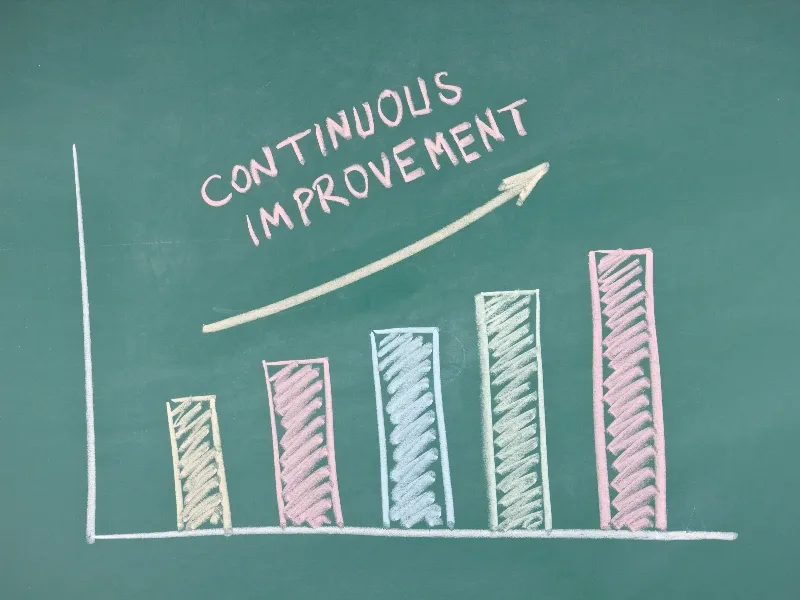Operational Efficiency
Date Published

Streamlining Processes to Optimize Performance and Drive Excellence
In an increasingly competitive global market, operational efficiency has become a vital component for businesses aiming to excel. Streamlining processes is essential for optimizing performance, reducing costs, and delivering value to customers. By focusing on operational efficiency, organizations can drive excellence and achieve sustainable growth.
This blog explores the key strategies and practices that can help your organization enhance operational efficiency, optimize performance, and maintain a competitive edge.

Streamlining processes is crucial for optimizing performance and driving excellence.
Understanding Operational Efficiency
Operational efficiency refers to the ability of an organization to deliver products or services to its customers in the most cost-effective manner without compromising on quality. It involves optimizing processes, reducing waste, and utilizing resources effectively to achieve maximum output with minimal input.

Optimizing processes is at the heart of achieving operational efficiency.
Key Strategies for Streamlining Processes
To enhance operational efficiency, organizations should consider implementing the following strategies:
- Process Mapping and Analysis: Identify and document all business processes to understand current workflows and pinpoint inefficiencies.
- Lean Management: Adopt lean principles to eliminate waste, reduce variability, and improve process flow.
- Automation and Technology Integration: Utilize technology to automate repetitive tasks, improve accuracy, and free up human resources for more strategic activities.
- Continuous Improvement: Foster a culture of continuous improvement where employees are encouraged to suggest and implement enhancements.
- Performance Metrics: Establish key performance indicators (KPIs) to monitor efficiency and effectiveness, enabling data-driven decision-making.

Lean management helps in eliminating waste and improving efficiency.
The Role of Technology in Operational Efficiency
Technology plays a pivotal role in streamlining processes and enhancing operational efficiency. Implementing solutions such as Enterprise Resource Planning (ERP) systems, Customer Relationship Management (CRM) software, and automation tools can significantly improve coordination, data accuracy, and productivity.
Emerging technologies like Artificial Intelligence (AI) and the Internet of Things (IoT) offer advanced capabilities for predictive maintenance, demand forecasting, and real-time monitoring, further optimizing operations.

Integrating technology enhances efficiency and streamlines operational processes.
Enhancing Workforce Productivity
Your employees are integral to operational efficiency. Investing in training and development ensures that your workforce has the necessary skills and knowledge to perform effectively. Empowering employees to make decisions and encouraging collaboration can lead to innovative solutions and improved processes.

An empowered and skilled workforce is essential for optimizing performance.
Implementing Quality Management Systems
Quality management systems like ISO standards help organizations maintain high-quality outputs while improving efficiency. By standardizing processes and focusing on customer satisfaction, businesses can reduce errors, rework, and waste, leading to cost savings and better performance.

Implementing quality management systems enhances efficiency and product quality.
Supply Chain Optimization
Optimizing the supply chain is crucial for operational efficiency. This involves improving logistics, inventory management, and supplier relationships. Techniques such as Just-In-Time (JIT) inventory reduce holding costs and ensure that resources are used effectively.

An optimized supply chain reduces costs and enhances operational efficiency.
Monitoring and Continuous Improvement
Operational efficiency is not a one-time achievement but a continuous pursuit. Regularly monitoring processes through audits and performance reviews helps identify areas for improvement. Utilizing feedback loops and staying agile allows organizations to adapt to changes and continuously enhance operations.

Continuous improvement ensures ongoing operational excellence.
Benefits of Operational Efficiency
Achieving operational efficiency offers numerous benefits:
- Cost Reduction: Streamlined processes reduce waste and lower operational costs.
- Improved Productivity: Efficient operations increase output without additional resources.
- Enhanced Quality: Optimized processes lead to higher quality products and services.
- Customer Satisfaction: Efficient operations enable timely delivery and better customer service.
- Competitive Advantage: Operational excellence differentiates your business in the marketplace.

Operational efficiency leads to cost savings, productivity gains, and competitive advantage.
Conclusion
Operational efficiency is essential for organizations seeking to optimize performance and drive excellence. By streamlining processes, embracing technology, empowering employees, and focusing on continuous improvement, businesses can enhance their operations, reduce costs, and deliver greater value to customers. Investing in operational efficiency is not just about immediate gains but building a foundation for long-term success and sustainability.